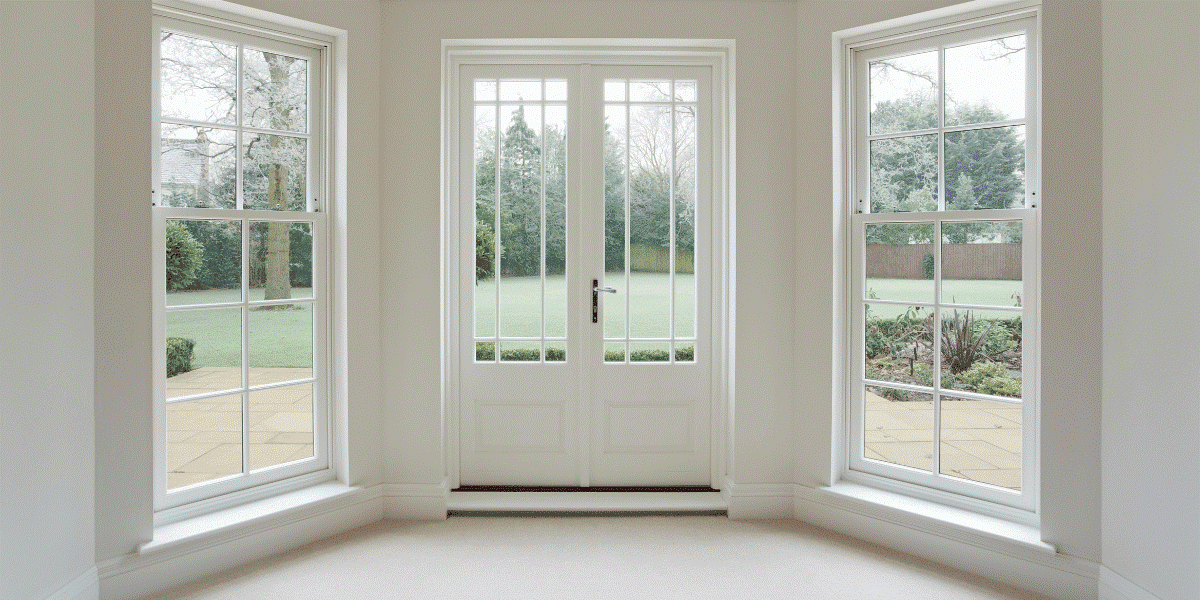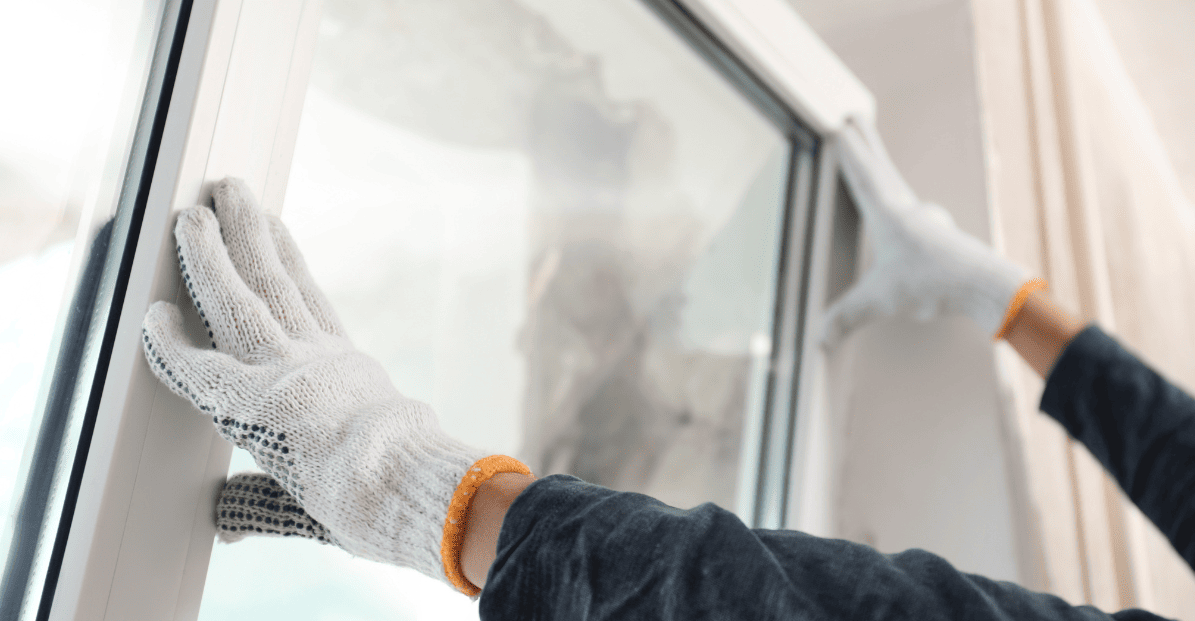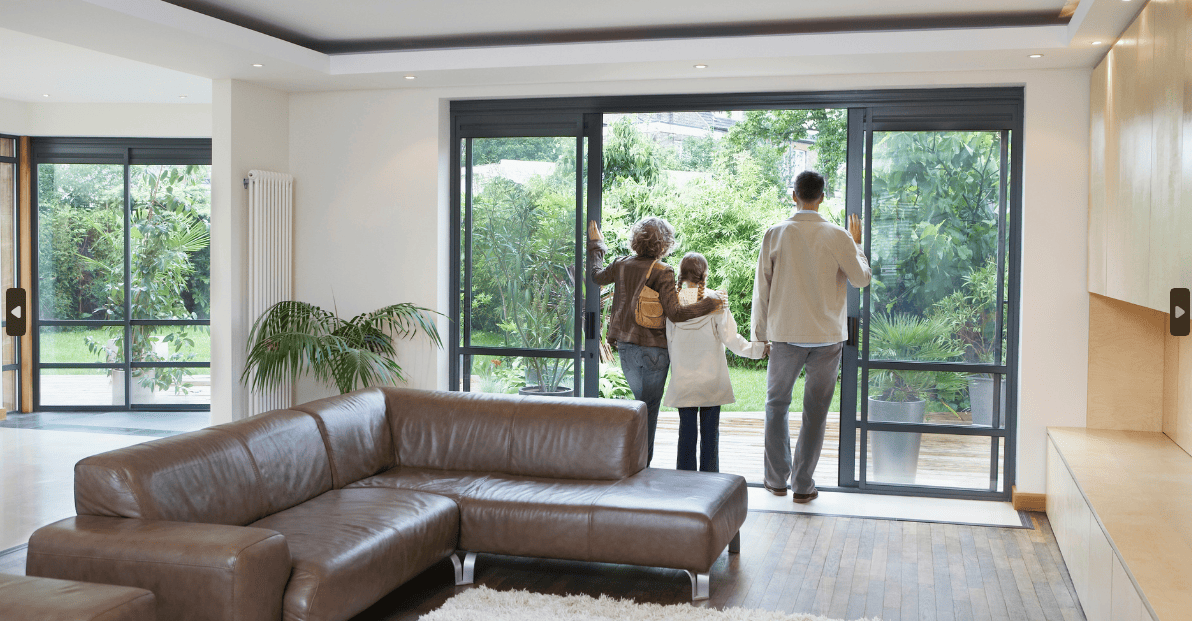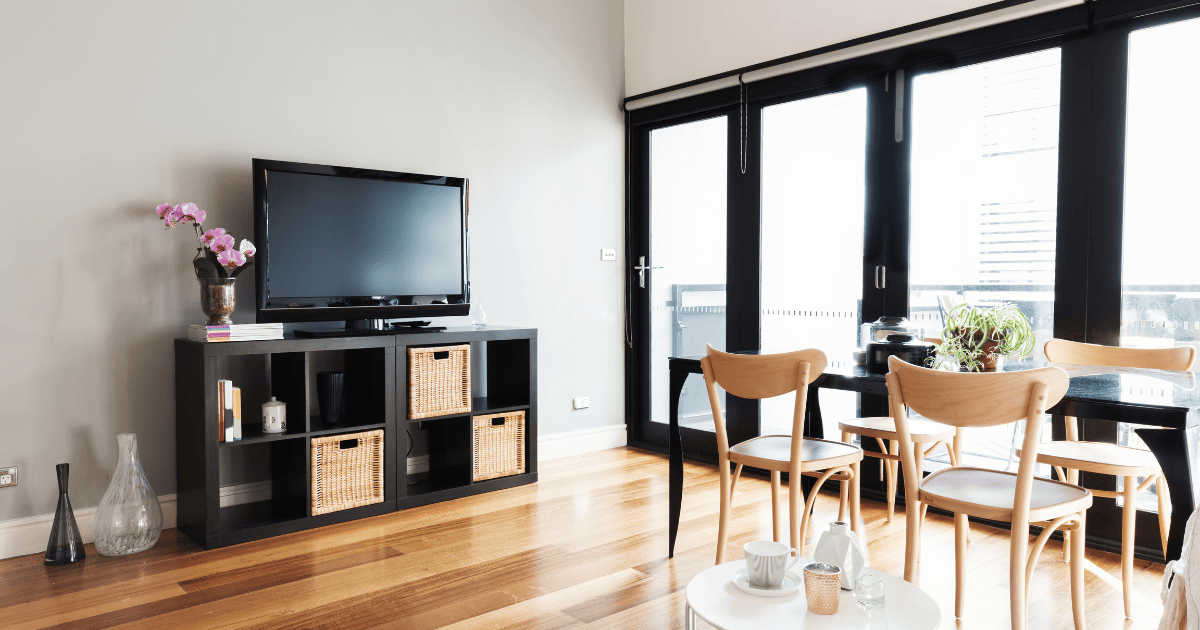
Value Doors: The ultimate guide to energy-efficient doors and windows
Discover the benefits of fitting new doors and windows in your home
As energy costs continue to rise and climate change becomes a growing concern, more and more homeowners are looking for ways to reduce their carbon footprint and save money on their energy bills.
One of the most effective ways to achieve these goals is by upgrading to energy-efficient doors and windows. In this article, we will explore why composite doors and windows are the superior option over uPVC, as well as the benefits of double-glazing and triple-glazing windows and U-values.
Types of energy-efficient doors
UPVC doors
UPVC (Unplasticized Polyvinyl Chloride) doors are a popular choice for homeowners looking for energy-efficient doors. They’re made of a strong plastic material that’s durable, low maintenance, and excellent at insulating against heat loss and noise. UPVC doors are also weather-resistant, so they won’t rot, warp, or corrode over time.
Composite doors
Composite doors are another popular type of energy-efficient door. They’re made of a combination of materials, including timber, glass-reinforced plastic, and insulating foam. Every good company that sells new doors will recommend this type as the combination of materials makes them strong, durable, and excellent at insulating against heat loss and noise.
Insulated doors
Insulated doors are made of thick layers of polystyrene foam or polyurethane foam that provide excellent insulation. These doors are available in different styles and materials, including fibreglass, steel, and wood.
Fibreglass doors
Fibreglass doors are made of composite materials that offer better insulation than traditional wooden doors. They are energy efficient, low maintenance, and can be customized to fit any home décor.
Wooden doors
Wooden doors are a popular choice for homeowners who prefer a traditional look. They provide good insulation but require regular maintenance to keep them in good condition.
Steel doors
Steel doors are strong, durable, and energy-efficient. They offer excellent insulation and are available in a range of styles, colours, and finishes.

UPVC vs. composite: Why composite is the best choice
When it comes to energy-efficient doors and windows, composite and uPVC are the two most popular materials.
While uPVC is a type of plastic, composite is made up of a blend of materials, such as wood fibres and plastics. When it comes to durability, composite doors and windows are the clear winner.
They are longer-lasting, less likely to warp or rot, and offer better insulation and soundproofing capabilities than uPVC. Additionally, composite has lower U-values than uPVC, which means that it is more energy-efficient and can save homeowners money on their energy bills in the long run.
Types of energy-efficient windows
Double-pane windows
Double-pane windows are designed with two layers of glass that provide insulation and reduce heat loss. They are an affordable option for homeowners who are looking to improve their home’s energy efficiency.
Triple-pane windows
Triple-pane windows are made of three layers of glass that provide better insulation and reduce noise pollution. They are more expensive than double-pane windows but offer greater energy savings.
Low-E glass windows
Low-E glass windows have a thin coating of metallic oxide that reflects heat back into your home, reducing heat loss and saving energy. They also filter out harmful UV rays that can damage your furniture and carpets.
Argon-filled windows
Argon-filled windows are designed with a layer of argon gas that provides extra insulation and reduces heat loss. They are an excellent option for homeowners who live in colder climates.
Gas-filled windows
Gas-filled windows are designed with a layer of krypton or xenon gas to provide superior insulation and reduce heat loss. They are more expensive than other types of energy-efficient windows, but they offer excellent energy savings.

Double glazing vs. triple glazing: Which is right for you?
Double glazing and triple glazing refer to the number of panes of glass in a window. Double glazing has two panes of glass, while triple glazing has three. While triple glazing offers better insulation and soundproofing capabilities than double glazing, it may not be necessary in all climates. It is also more expensive than double-glazing, so homeowners will need to weigh the benefits against the cost when deciding which option is right for them.
Benefits of energy-efficient doors and windows
Reduce energy bills
Energy-efficient doors and windows can significantly reduce your energy bills by minimizing heat loss and air leakage. You’ll enjoy a more comfortable home while paying less for your energy bills.
Increase comfort
Energy-efficient doors and windows provide better insulation, which helps regulate the temperature in your home. You’ll enjoy a more comfortable indoor environment all year round.
Improve indoor air quality
Energy-efficient doors and windows prevent drafts and air leaks, which can help keep pollutants and allergens out of your home. You’ll breathe cleaner air and enjoy better indoor air quality.
Boost home value
Energy-efficient doors and windows are an excellent investment for homeowners looking to increase their home’s value. They’re a desirable feature that can make your home more attractive to potential buyers.
Decrease carbon footprint
Energy-efficient doors and windows help reduce your carbon footprint by minimizing the amount of energy needed to heat or cool your home. You’ll enjoy a greener lifestyle and do your part to help the environment.
Understanding U-Values: Why they matter
U-values refer to the amount of heat that escapes through a material. The lower the U-value, the better the insulation. Composite doors and windows generally have lower U-values than uPVC doors and windows, making them more energy-efficient. By choosing composite over uPVC, homeowners can significantly reduce the amount of heat loss through their doors and windows, which translates into lower energy bills.

Energy-efficient doors and windows conclusion
In conclusion, upgrading to energy-efficient doors and windows is an excellent way for homeowners to reduce their carbon footprint and save money on energy bills. Composite doors and windows, made of a blend of materials such as wood fibres and plastics, offer better durability, insulation, and soundproofing than uPVC.
Double-glazing and triple-glazing windows, as well as U-values, also play an essential role in achieving energy efficiency. Investing in energy-efficient doors and windows is a smart decision that can benefit both the homeowner and the environment.
Share to Buy is a one stop shop for affordable homes. On our website, you can search for properties, compare mortgages and find out all you need to know about alternative home-buying schemes such as Shared Ownership via our article index.